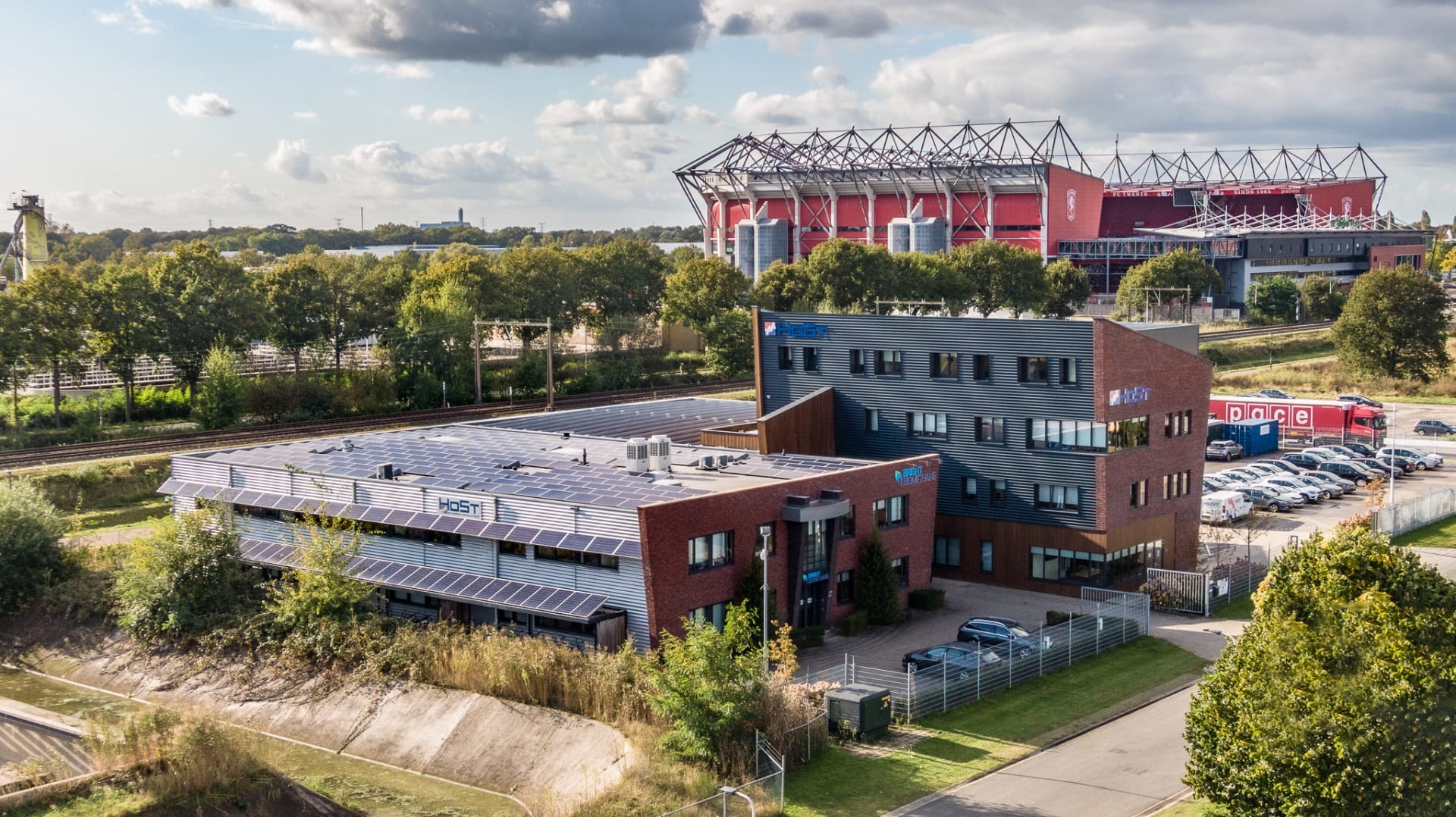For the R&D Biogas engineering department we are looking for interns! The following internships / graduation assignments are available. Apply using the apply button and select the (graduation) internship you are interested in.
Design of a Straw digester
Suitable for BSc or MSc in Chemical Engineering / Mechanical Engineering / Sustainable Energy
Design of a Straw digester
Straw, with its abundant availability, holds immense potential for biogas production in the EU and globally. In the EU alone, the digestion of straw could yield approximately 90 billion cubic meters of gas annually, which is about 300% of the current total usage. On a global scale, this potential increases nearly tenfold. Despite its potential, straw is notoriously difficult to digest. Based on extensive research conducted at the HoSt laboratory, it has been found that pre-treatment technologies can significantly enhance gas production from straw. However, these pre-treatments also impact the design of the digester itself;
- Process Efficiency: Pre-treatment can enhance the conversion rate of straw to biogas, influencing the overall retention time required in the digester.
- Capital Expenditure (CapEx): The design and complexity of the digester will vary depending on the pre-treatment used, affecting initial investment costs.
- Operational Expenditure (OpEx): The choice of pre-treatment also impacts ongoing operational costs, including energy consumption and maintenance.
Conclusion
Harnessing the potential of straw for biogas production can revolutionize energy supply in the EU and worldwide. By optimizing pre-treatment technologies and digester designs, HoSt aims to create efficient, cost-effective, and environmentally sustainable solutions for biogas production from straw. This endeavour not only promises a significant increase in renewable energy output but also contributes to a substantial reduction in greenhouse gas emissions.
Your tasks:
- Making mass and energy balances;
- Adapting the calculation program of HoSt for pretreatment technology (reaction velocity constant);
- Dimensions of main equipment the Hydrolysis, biogas unit, separator;
- Calculate OPEX, CAPEX and economy;
- Influence of CO2 price and rules on gas price and value of CO2.



